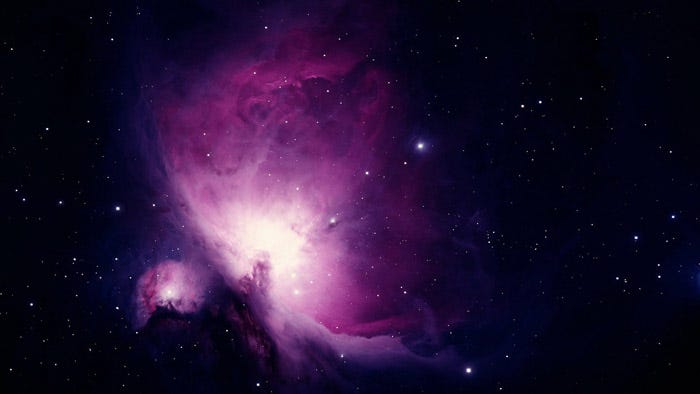
Technical writers are everywhere. You might not see them, but the results of their work are omnipresent. Every piece of equipment you use, every tool is created according to technical documents written by someone. Even the jobs you take have documentation that holds their processes together. Technical writers can be found in outer space, too! Well, not literally. But the fact that we even have access to outer space is due to their diligent work. Working for NASA is a dream job for many. Today we will talk about how you can become a space writer!
Technical Writers in NASA — Where do You Start?
If you are considering becoming a technical writer in any sphere, then you should know that the main prerequisite is mastering your language skills. The whole idea behind technical communication is the people who can clearly communicate their thoughts in writing, turning complex things into something simple.

Otherwise, any team in an organization could create user manuals. With the main prerequisite out of the way, let’s talk about science. Do you need a person of science? What needs to be understood is that even NASA is dealing with much more than just ‘rocket science’ and you can surely get a job there without special education and it can involve a good share of writing. However, the closer you want to get to outer space, the more real scientific knowledge you need.

The first layer, the backbone of space studies is physics. Physics includes many things like mechanics, thermodynamics, electromagnetism, acoustics, optics…It is the general study about how the world works and there’s no way around physics when we are talking about space exploration. This is going to be your starting point. Understanding physics will open the right doors.
Moving on to the hardcore stuff. These are the fields of knowledge you can come across during your pursuit of a tech writing career in outer space.
- Aerospace engineering
This name incorporates two major and overlapping branches: aeronautical engineering and astronautical engineering. Aerospace engineering deals with the development of aircraft and spacecraft.
- Planetary science
Planetary science studies how planets are born and how they operate. This is a mix of physics, biology, chemistry and other natural sciences.
- Astrophysics
Fancy words like quasars, supermassive black holes, superclusters can be found in astrophysics or cosmology. Astrophysicists are looking at things at the grandest scale possible. They study how the universe appeared and all the global processes in it.
- Life support systems
While the Mars ambitions of SpaceX still sound like fiction, humanity has been going in this direction for a while now. We are talking about products and tools to keep our body and mental health in good condition while we are space traveling or even trying to settle in a new extraterrestrial home be that a space station or another planet.

Conclusion
We hope this didn’t sound too discouraging! This is NASA, what did you expect? 🙂
Jokes aside, being a technical writer in the space field is attainable, but will require perseverance and willingness to learn. If this is the job of your dreams, it is all worth the effort!
Good luck with your technical writing!
ClickHelp Team
Author, host and deliver documentation across platforms and devices
Good luck with your technical writing!
ClickHelp Team
Author, host and deliver documentation across platforms and devices

Source: https://medium.com/level-up-web/technical-writers-in-outer-space-d6746c4cc526
Written by
ClickHelp – Professional Online Technical Writing Tool. Check it out: https://clickhelp.com/online-documentation-tool/
